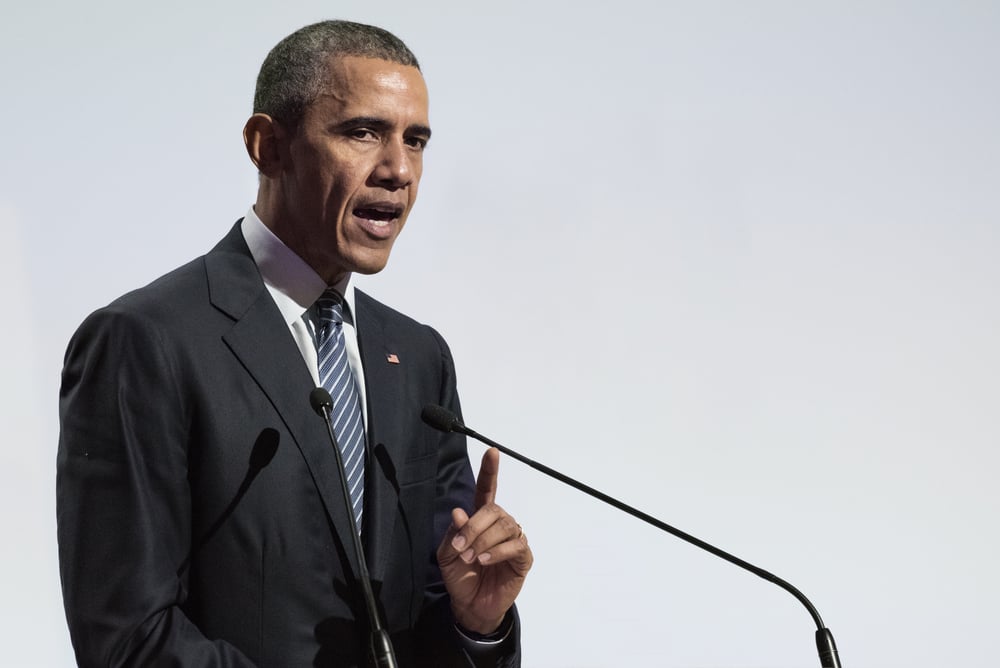Former CFTC Commissioner States Obama “Should Heed the Call” on Bitcoin

Former commissioner on the Commodity Futures Trading Commission advised Obama in an op-ed on CNBC today to take a reasonable approach to digital currency and blockchain technology, one that fosters innovation.

Bitcoin and blockchain regulation has been a hot topic at conferences and on the nascent technology’s online forums. Bitcoin, known for its anarchist and libertarian leanings, fear government legislators and regulators.
Many episodes have tarnished bitcoins name, as well; namely, the Silk Road and Mt. Gox affairs. These have led to everyday people, and regulators, to associate the digital currency with the black market. In many pronouncements by politicians, the technology has even been associated with terrorism.
The US government, thus far, has taken a laissez-faire approach on the new technology, except when the laundering of funds are involved. The Securities and Exchange Commission, The Commodity Futures Trading Commission and the Internal Revenue Service have all opined on the technology, increasing to its relevance and overall acceptance. In his piece for CNBC, Chilton cited a precedent for open-minded policy towards blockchain.
“When the internet was being developed, an effort and initiative by the Clinton administration to ensure that the fledgling idea would not be overly regulated was put in place — the 1997 Framework for Global Electronic Commerce,” the former commissioner said.
The point: to ensure laws and regulation would not negatively impact innovation. Current CFTC Commissioner Chris Giancarlo recently (and rightly) called for such protection for digital currency. President Obama should heed the call.
Chilton proposes that the US political system, with its emphasis on state-level guidelines for money transmission, could stymie developments in blockchain technology: “The U.S. could lose out on what are potentially enormous economic benefits.”
Bitcoin’s current market cap is US $7 billion: “That’s to say nothing of the colossal commercial value of blockchain endeavors which could help fuel-inject the economic engine of our democracy.”
In the piece, Chilton parrots the notion that the blockchain could revolutionize the way the world banks, trades, exchanges, real estate and voting. Chilton recognizes Europe’s rationality on blockchain technology.
He believes the US should look towards doing the same: “There is a huge opportunity that can be tapped into if U.S. government officials and industry thought-leaders establish an appropriate balance between basic consumer protection regulation and an openness which not only permits, but fosters and promotes, innovation. We did it with the internet — and we need to do it now with virtual currencies like bitcoin.”
In 2013, as one of five commissioners for the Commodity Futures Trading Commission, Chilton took a different tone towards the regulation of Bitcoin: “Here’s what I know for sure: we could regulate it if we wanted. That is very clear.” Then, he believed the federal government could play a part on Bitcoin.
He said : “There is potentially a federal role here, and we have to make sure that we’re on guard that whatever is traded is appropriately regulated.”
Featured image from Shutterstock.